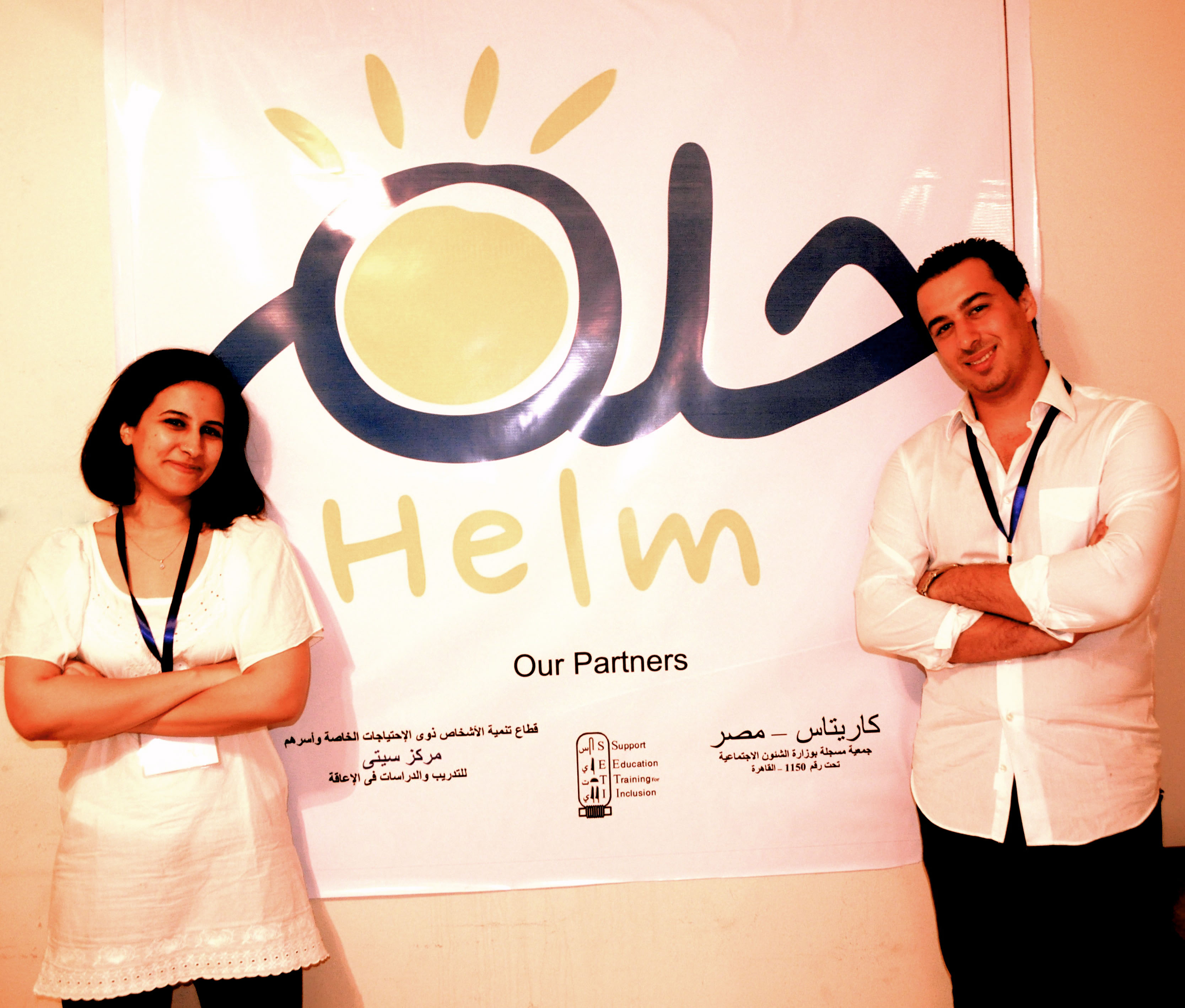CAIRO: Egyptian snack food giant Chipsy signed an official partnership on Thursday with the United Nations World Food Program (WFP) to participate in its “Food for Education” initiative, aimed at promoting youth education and nutrition in Upper Egypt.
According to the company’s General Manager Tarek Mansour, Chipsy will contribute LE 1 million that will enable the program to target an additional 4,650 students.
The Food for Education program, whose main goal is to decrease absenteeism from school, operates by supplying students with healthy snacks that fulfill a quarter of their daily nutritional needs. In order to receive WFP’s support, however, “students must attend 80 percent of their classes,” Gian Pietro Bordignon, country director for WFP Egypt told Daily News Egypt.
By doing so, the program improves primary education to some of Egypt’s most poverty stricken areas by alleviating families’ tough decisions of either sending their children to school or forcing them to stay home and work.
“Regardless of the country, education and health are the first expenses to be cut” from a family’s budget in the face of poverty, Bordignon explained, stressing that the program aims to give poor families and children equal opportunities.
Tying the program’s relevance to current political developments in Egypt, Bordignon added that there is “no freedom [in a country] if all citizens aren’t given equal opportunities to be educated and be healthy.”
The Food for Education program, which WFP expanded to Egypt in 2007 in collaboration with the Egyptian government and PepsiCo, Chipsy’s parent company, has been met with a great amount of success. According to Bordignon, schools that are part of the program enjoy a stunning “95 percent attendance rate.”
With Chipsy’s contribution, 4,650 students will join the additional 200,000 students already supported by WFP across 3,300 schools in nine Egyptian governorates.
On top of its direct investment of LE 1 million, “Chipsy will also donate a portion of their profit” for the next two months to the Food for Education program, Mansour added.
While the “field for corporate social responsibility is plenty,” Mansour explained, education is “the most important [area to support], especially in rural areas.”
For his part, famous Egyptian actor Ahmed Helmy, who was named as an official Goodwill Ambassador on behalf of the Food for Education program in Egypt, expressed his “great pride” at being part of such an important program that was “not just words,” but concrete actions.
Empowering future generations of Egyptians through offering them the chance to gain an education, Helmy explained, is a noble endeavor, especially because the students of the program “may become famous doctors or important scientists one day.”


